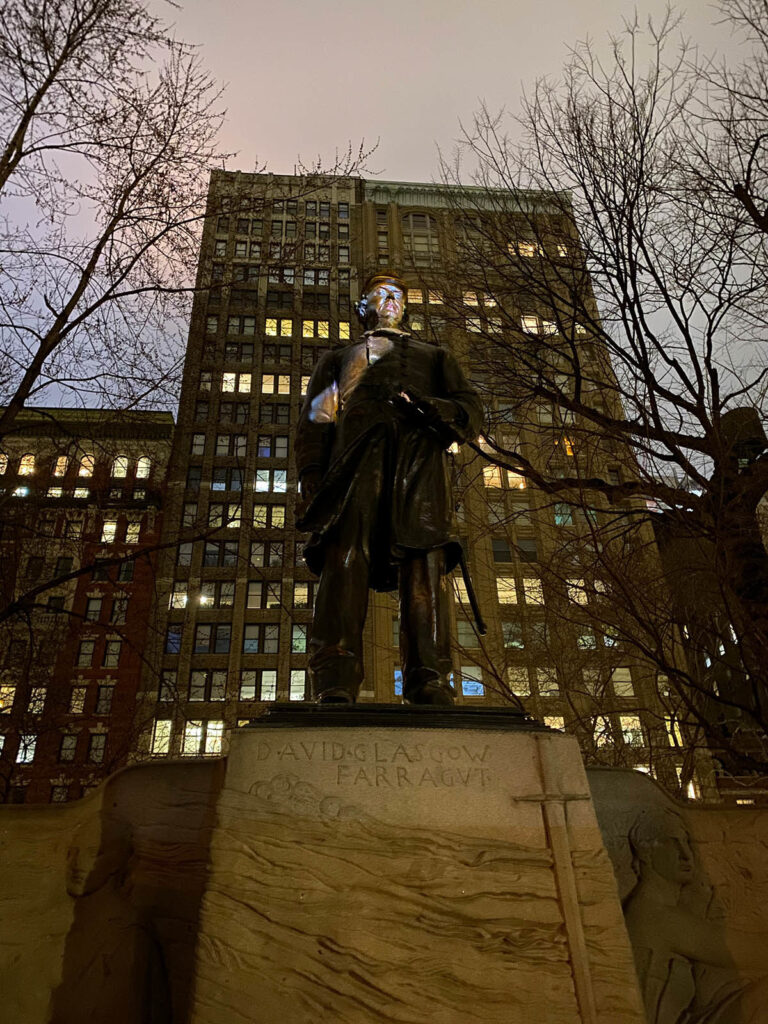GSD Public Program: “Interrogative Designs: Conversations with Krzysztof Wodiczko”

The GSD’s Fall 2021 Public Programs were all virtual and required registration.
The event was live streamed to the Harvard GSD YouTube page. Only viewers who attended the lecture via Zoom were able to submit questions for the Q+A.
Live captioning was provided during this event.
Event Description
The GSD hosts an afternoon of conversations on the work of artist and GSD Professor in Residence, Krzysztof Wodiczko. Wodiczko will first be joined by architectural historian and GSD professor Erika Naginski for an exploration of architecture’s role in the construction and performance of memory, using Wodiczko’s work as a frame. After a short break, Wodiczko will return with art historian Rosalyn Deutsche. Deutsche and Wodiczko will discuss the role of trauma, healing, and survival in his work over the last five decades.
This program is supported by the Graham Gund Exhibition Fund and organized to accompany the exhibition Interrogative Design: Selected Works of Krzysztof Wodiczko, on view in the Druker Design Gallery and Frances Loeb Library from October 21, 2021 – February 20, 2022. A partner exhibition, Krzysztof Wodiczko: Portrait is on view at the Harvard Art Museums from October 14, 2021 – April 17, 2022. The exhibitions are made possible by the Graham Gund Exhibition Fund, held jointly by the Harvard Graduate School of Design and the Harvard Art Museums.
Speakers
Krzysztof Wodiczko is Professor in Residence of Art, Design and the Public Domain at the Graduate School of Design at Harvard University.
He is renowned for his large-scale slide and video projections on architectural facades and monuments. He has realized more than 90 of such public projections and installations in Australia, Austria, Belgium, Canada, England, Turkey, Germany, Holland, Northern Ireland, Israel, Italy, Japan, Mexico, Poland, Spain, Switzerland, and the United States.
Since the late 1980s, his projections have involved the active participation of marginalized and estranged city residents. Simultaneously, and also internationally (England, Finland, France, Poland, Holland, Japan, Northern Ireland, Spain, Sweden and the US) he has been designing and implementing a series of nomadic instruments and vehicles with homeless, immigrant, and war veteran operators for their survival and communication.
Wodiczko’s work has been exhibited in Documenta (twice), Paris Biennale, Sydney Biennale, Lyon Biennale, The Venice Art Biennale (Canadian and Polish Pavilions) in Magiciens de la Terre exhibition, Paris, Venice Biennale of Architecture, The Whitney Biennial, Yokohama Triennale, International Center for Photography Triennale, New York, The Montreal Biennale ( 2014), The Liverpool Biennale ( 2016) and other international art festivals and international exhibitions. In 2009, he represented Poland in the Venice Biennale. In 2017, Wodiczko has held a retrospective exhibition at the Museum of Modern and Contemporary Art in Seoul.
Since 1985, he held many major retrospectives at such institutions as the MIT List Visual Arts Center, Boston, Walker Art Center, Minneapolis; Museum Sztuki, Lodz; Fundacio Tapies, Barcelona; Wadsworth Athenaeum, Hartford CT; La Jolla Museum of Contemporary Art, San Diego; Contemporary Art Center, Warsaw; the Zacheta National Gallery of Art, Warsaw, DOX Contemporary Art Center, Prague, Muzeum Sztuki Lodz, Poland (2015) and in FACT Foundation for Art Culture and Technology in Liverpool (2016). Continue reading here.
Rosalyn Deutsche is an art historian and critic who teaches modern and contemporary art at Barnard College/Columbia University in New York City. She has written extensively and lectured internationally on such interdisciplinary topics as art and urbanism, art and the public sphere, art and war, art and psychoanalysis, and feminist theories of subjectivity in representation. Her essays have appeared in Grey Room, October, Artforum, Art in America, and Society and Space, among other journals, in many exhibition catalogues and anthologies, and in numerous translations. Deutsche is the author of Evictions: Art and Spatial Politics (1996) and Hiroshima After Iraq: Three Studies in Art and War (2010). Her collection of essays, Not-Forgetting: Contemporary Art and the Interrogation of Mastery is forthcoming from University of Chicago Press.
Erika Naginski is the Robert P. Hubbard Professor of Architectural History. Her research interests include Baroque and Enlightenment architecture, early modern aesthetic philosophy, theories of public space, and the critical traditions of architectural history. In addition to teaching modules in the Building Texts Contexts sequence, she offers seminars and lecture courses in architectural history and theory including The Shapes of Utopia, The Piranesi Effect, Versailles to the Visionaries and The Ruin Aesthetic: Episodes in the History of Architectural Idea.
Naginskis books and edited volumes include Sculpture and Enlightenment (2009), which traces the transformation of public art and architecture in an age of secular rationalism and revolutionary politics; Polemical Objects (2004), a special issue of Res co-edited with Stephen Melville, which explores the philosophy of medium in Hegel, Heidegger and others; and Writing on Drawing (2000) for the journal Representations, with essays addressing the collision of semiotics and mimesis in drawing practices as they emerge in art, architecture and science. In 2007, Naginski was awarded a John Simon Guggenheim Memorial Foundation Fellowship for her current book project on the intersections of architecture, archaeology and the conception of history in the eighteenth century.
Before joining the GSD faculty, Naginski taught in the architecture department at MIT and in the art history department at the University of Michigan. She has been a junior fellow at the Society of Fellows at Harvard University as well as a research fellow at the Radcliffe Institute for Advanced Study, the Sterling and Francine Clark Art Institute, and the Deutsches Forum fr Kunstgeschichte. She serves on the editorial board of Res.
